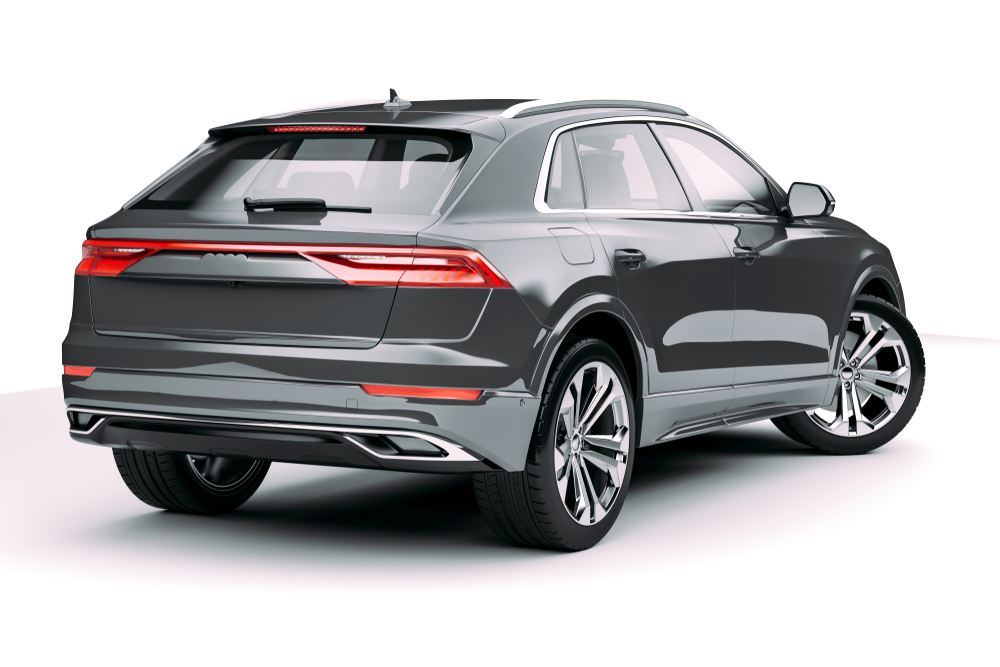
Navigating the SUV Market

Understanding Your Needs: Choosing the Right SUV Type
When it comes to selecting an SUV, understanding your specific requirements is crucial. SUVs come in various sizes and styles, from compact models suitable for city driving to full-sized vehicles designed for larger families or heavy-duty use. Consider factors such as passenger capacity, cargo space, and the primary purpose of the vehicle. If you have a growing family, a midsize SUV with ample seating, child safety features, and entertainment systems might be ideal. Features like adjustable seating configurations can offer flexibility for both passengers and cargo.
For those who enjoy weekend adventures off the beaten path, an SUV with robust off-road capabilities could be the perfect match. Look for features such as four-wheel drive, enhanced suspension systems, and skid plates. Additionally, luxury SUVs offer a combination of performance, comfort, and advanced technology, appealing to those who desire a premium driving experience. It’s important to test drive different models to get a feel for how each SUV handles and to assess comfort levels for both the driver and passengers.
Budget-Friendly Options: Affordable SUVs for Families
Affordability is a significant consideration for many buyers. Fortunately, the market offers numerous options that provide great value without compromising on quality or features. Pre-owned SUVs in good condition can be an excellent choice, often coming with lower price tags and reduced depreciation costs. Certified pre-owned programs offered by dealerships can provide additional peace of mind, as these vehicles typically undergo thorough inspections and may include extended warranties.
Additionally, some manufacturers offer promotions and incentives that make purchasing a new SUV more accessible. These can include cash rebates, low-interest financing, or special lease deals. Researching and comparing different models can help you find an affordable SUV that meets your family’s needs and budget. Online resources and dealership websites often provide up-to-date information on current offers. Don’t forget to consider long-term costs such as insurance, maintenance, and fuel consumption when evaluating affordability.
Leasing vs. Buying: Making the Best Financial Decision
Deciding between leasing and buying an SUV depends on your financial situation and long-term plans. Leasing can offer lower monthly payments and the opportunity to drive a newer model every few years, which may appeal to those who prefer the latest features and technology. Leasing agreements often include maintenance packages, reducing out-of-pocket expenses for repairs. However, leases typically come with mileage limits and fees for excessive wear and tear, which can be a consideration for families or individuals with heavy vehicle use.
On the other hand, purchasing an SUV allows you to build equity in the vehicle and may be more cost-effective over time, especially if you plan to keep the car for several years. Ownership provides the freedom to customize the vehicle and drive without mileage restrictions. Financing options such as loans with competitive interest rates can make purchasing more accessible. It’s essential to weigh the pros and cons of each option, considering factors like initial costs, monthly payments, maintenance responsibilities, and overall long-term value.
Efficiency and Performance: Fuel Economy and Off-Road Capabilities
Fuel efficiency is another critical factor to consider, particularly with rising fuel costs and environmental concerns. Many modern SUVs offer improved fuel economy through advanced engine technology, aerodynamic designs, and hybrid or electric powertrains. If you’re looking to minimize fuel consumption, consider models with smaller engines, turbocharging, or hybrid systems that enhance efficiency without sacrificing performance.
For those interested in off-road driving, selecting an SUV with features like all-wheel drive, higher ground clearance, and specialized suspension systems can enhance performance on rough terrain. Off-road-oriented models may also include features like locking differentials, terrain response systems, and durable underbody protection. It’s important to consider how often you will utilize these capabilities, as off-road features can add to the cost and affect fuel economy.
Balancing efficiency and performance will help ensure your SUV meets all your driving needs. Test driving different models and consulting with knowledgeable sales representatives can provide valuable insights into how various SUVs perform in real-world conditions.
Conclusion
Selecting the right SUV involves careful consideration of your lifestyle, budget, and preferences. By understanding your needs and exploring various options, you can find an SUV that offers the perfect blend of comfort, efficiency, and capability. Whether you’re seeking a reliable family vehicle, a luxurious ride, or an adventurous off-roader, the SUV market has something to offer everyone. Taking the time to research and test drive different models will help you make an informed decision that you will be satisfied with for years to come.
Navigating the SUV Market
©2024 All rights reserved
